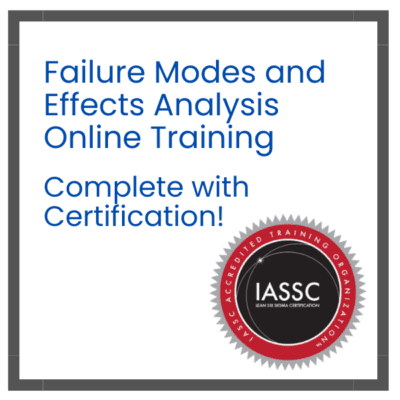The importance of having a QI team
As quality improvement projects are typically a collaborative effort, selecting the right team to work with is essential. To be successful, an improvement team must have clear objectives that guide their activities. They also need the support of their leadership and access to appropriate resources. The project will be more effective if your team members can work together well.
Who should be on an improvement team?
A successful QI will be able to draw from the skills, experience, and knowledge of many people. We recommend a multidisciplinary solution to support the problem-solving process and find effective solutions. When a team is made up of a variety of experts and people, they tend to have better ideas.
The U.S. Department of Health and Human Services Health Resources and Services Administration states in its report “Improvement Team” that there is no perfect science to choosing a quality improvement team. However, you can apply a few principles. Below, they describe their ideal QI member.
The ideal member of an improvement team:
1. Ideal: Represents any discipline, and works directly with the system to be improved;- 2. Willing to learn from team members
- 3. Keep open communication with your staff, leaders, and customers;
- 4. Willing to take individual responsibility for the success of the team;
- 5. Commit to the success and completion of the project.
HRSA recommends that you research the expertise and attributes of any potential colleagues. The HRSA also suggests a list of attributes that QI team members must possess. These include excellent communicators, team players, and proven problem-solvers. They recommend finding people who are angry about the current situation, and ready to make a change.
Institute for Healthcare Improvement recommends each organization build teams that suit their needs. The authors of “The Science of Improvement – Forming the Team” go into great detail in their article about the different types of expertise required when choosing a quality improvement group. It is important that the team members have three different types of expertise. These are technical expertise, leadership in systems, and daily leadership. You would also require a project sponsor in addition to the above.
ElFT has a lot of QI supporters, and they offer specific advice on how to choose your team. Life QI is the QI solution that teams use to submit, track and evaluate their projects.
ELFT examines in depth the attributes of QI team members. This can be very helpful when choosing a team. Read more about it here.
If you can include people in your team who are motivated and will get things done, you’ll be on your way to success in QI.
Determining the roles and responsibilities of an improvement team
The team for your project has been selected and the correct people are in place. Next, you need to determine the roles and responsibilities of your team.
Take a look at what expertise is required to create a truly effective project team.
Clinical Leader: Your team’s leader should be a clinical leader. This person will assist in understanding proposed changes and has the authority and respect to test and resolve any issues.
Technical Expert – Your technical expert should be very familiar with the subject of change and the processes that are involved. They can also help with the measurements and provide advice on how to display and interpret data.
Day-to-Day Leader – This person is responsible for the daily progress of the project. They ensure that tests are conducted and data collected. Your leader should be able to understand the system, and how it will affect other people.
Project Sponsor: Your project sponsor should be someone who has authority and can communicate with other people in the organization. They will also need to provide support for overcoming obstacles. Your project sponsor does not have to be present at all meetings but they should be available regularly to check the progress of your team.











